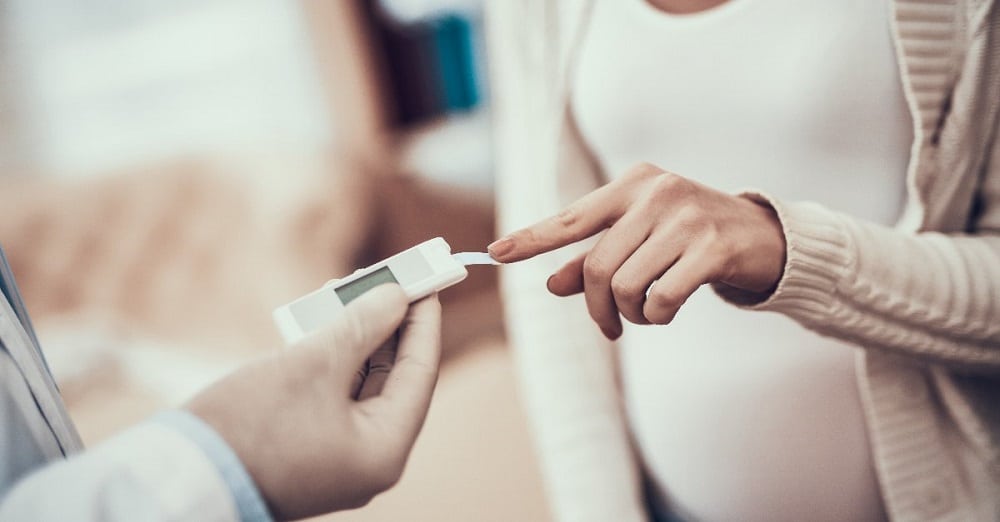Diabetes – Understanding blood glucose readings

UNDERSTANDING BLOOD GLUCOSE
Regular testing and understanding your blood glucose level quickly becomes part of your daily routine, and is essential for good diabetes management.
Glucose is the simple sugar that makes up sugary and starchy (carbohydrate) foods. Your blood glucose (blood sugar) level shows how much glucose your blood is carrying, and how well your body processes sugar.
Several factors affect this reading, such as food intake, activity levels, meal portion sizes and the gap between meals. The lowest reading is typically obtained after fasting for at least eight hours (as happens overnight). The highest reading is typically obtained within an hour of eating high-carbohydrate foods.
HOW BLOOD GLUCOSE IS MEASURED:
In South Africa, we use millimoles per litre (mmol/l) to measure blood glucose levels. It can also be measured in mg/dL (milligrams per decilitre).
The normal range for non-diabetic people is 4-6 mmol/l. You’re usually diagnosed with diabetes if your fasting blood glucose is over 7 mmol/l, or over 11 mmol/l for non-fasting.
RECOMMENDED BLOOD SUGAR TARGETS
WHY SELF-TESTING IS SO IMPORTANT
Knowing how to test blood sugar yourself is a key skill for managing diabetes; it’s a straightforward process that quickly becomes part of your routine.
Regular testing:
- Shows how effectively your medication is working to keep your blood sugar within normal range.
- Helps avoid blood sugar levels that are abnormally high (hyperglycaemia) or abnormally low (hypoglycemia).
- Iindicates how your blood sugar level is impacted by your lifestyle and biology: mainly diet and physical activity, but also factors like stress, travel, infections or other illnesses, and for women, hormonal changes associated with menstruation or menopause.
- Helps monitor your overall disease control to prevent future health complications.
HOW OFTEN SHOULD YOU TEST BLOOD SUGAR?
Always follow the testing regime from your doctor; each person with diabetes has specific testing needs. The following are general guidelines:
For people with Type 2 diabetes
Only using orals/tablets: test blood glucose once a day
Using long-acting/intermediate insulin: test before breakfast and before dinner
Using long-acting and short-acting insulin: test:
- Before meals
- Once a day 2 hours after a meal. Do this test after a different meal each day.
- When you feel unwell.
For people with Type 1 diabetes
Test:
- Before meals
- Before bedtime
- Before and after exercise
- When you’re ill
- When you change medication
- When you feel unwell.
COMPLICATIONS OF POOR GLUCOSE CONTROL
Complications of low glucose levels:
A medication dose that is too high, skipping a meal or exercising without checking blood glucose can cause hypoglycaemia.
Symptoms include confusion, irritability, shaking/trembling, fatigue, palpitations, clammy hands. If untreated, it can cause seizures or coma. It’s important to recognise these changes and get help.
COMPLICATIONS OF HIGH BLOOD GLUCOSE LEVELS:
Symptoms include: high blood sugar, high sugar levels in the urine, frequent urination, increased thirst.
Long-term complications of hyperglycaemia include cardiovascular disease; and nerve, kidney and eye damage.

